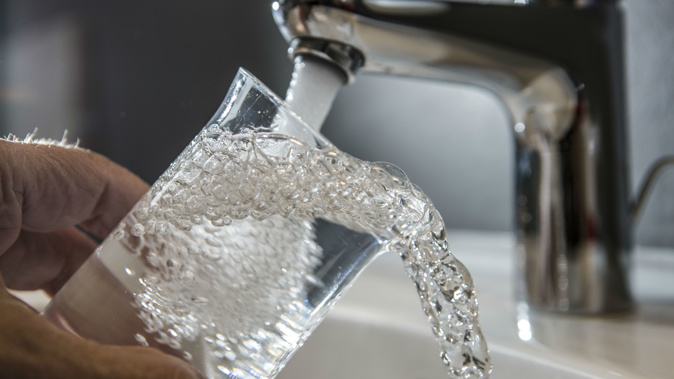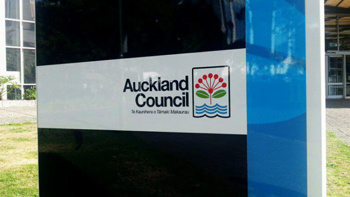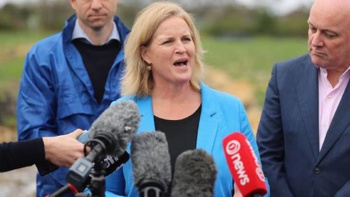
Early estimates of the cost of improving the safety of the country's drinking water supplies are "a bit frightening", Health Minister David Clark has admitted.
The Government is amending the Health Act to allow changes to drinking water standards to occur more quickly, following the Havelock North gastroenteritis outbreak in 2016.
"This is the legislative groundwork we need to put in place ahead of tackling the big changes recommended by the Havelock North Inquiry," Clark said today.
Clark told RNZ that some early, rough estimates of the cost of providing safe drinking water "look a bit frightening".
"It will cost a significant amount of money, I absolutely grant that. Per person it's not very much and to ensure we have safe drinking water it's something we need to do as a country," he said.
It was up to local government to fund their water systems, and Auckland and Wellington ratepayers had already paid for safe drinking water. But some regions had indicated they would struggle to pay for the required changes.
Clark said a decision on whether central government or local government would fund the changes for those regions had yet to be made.
The inquiry which followed the Havelock North outbreak estimated that up to 100,000 Kiwis were getting sick from drinking water every year.
The amendments to the Health Act remove the requirement for local government to have a five-year consultation and notification period for changes to drinking water standards.
The changes also mean water suppliers must implement approved water safety plans within agreed time-frames, and they streamline the process for appointing drinking-water assessors.
"These changes to the act will ensure that drinking-water standards can be improved and implemented faster and more efficiently," Clark said in a statement.
Work is continuing on the inquiry's recommendations, including:
• Requiring water supplies to be treated
• Making compliance with the Drinking Water Standards mandatory
• Establishing a dedicated drinking-water regulator
• Creating aggregated, dedicated water suppliers
The Government will consider advice on those recommendations later this year.
Much of the work is being done as part of the Government's cross-agency Three Waters Review, which is looking at the broader arrangements for drinking water, wastewater and stormwater.
Take your Radio, Podcasts and Music with you









